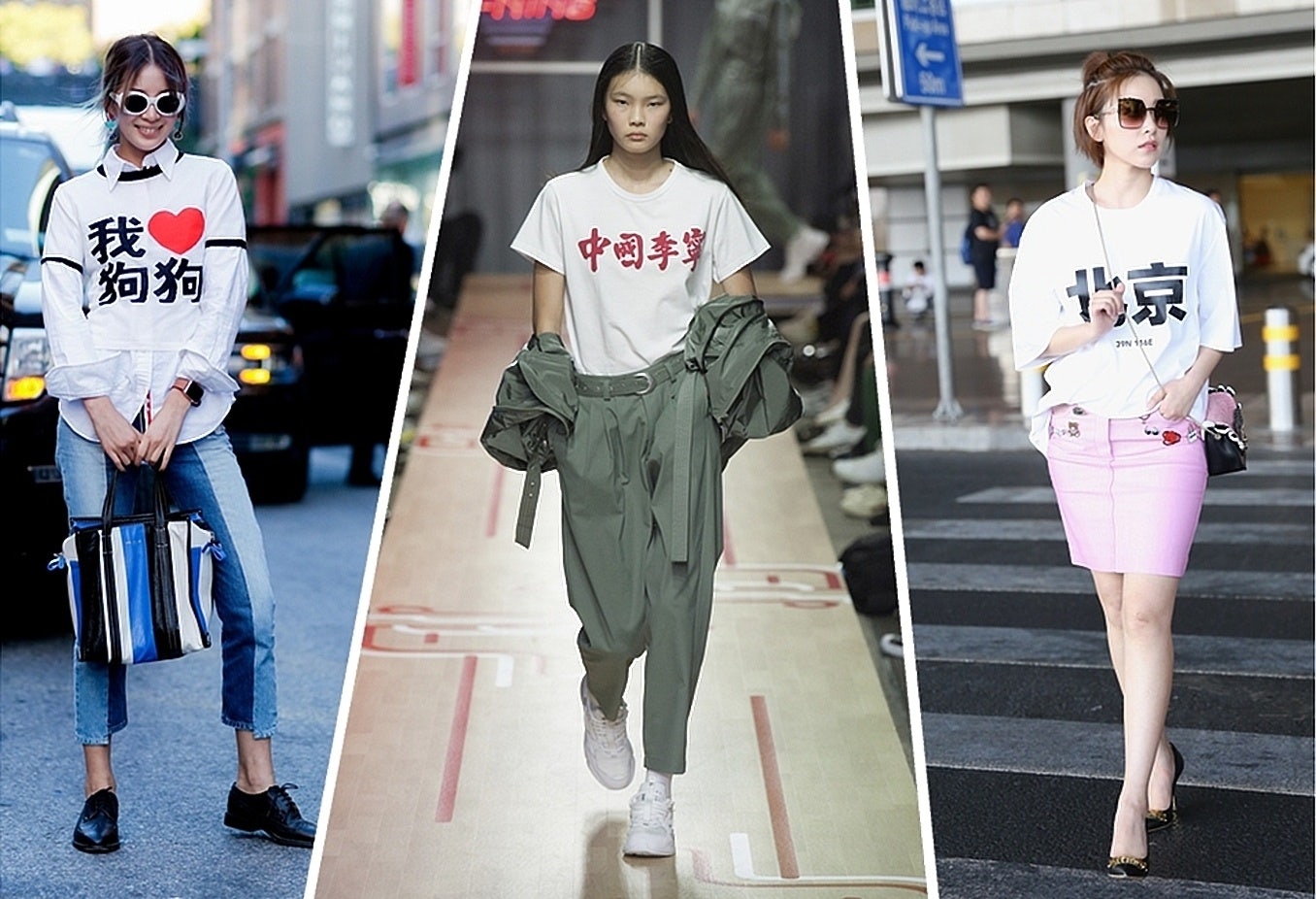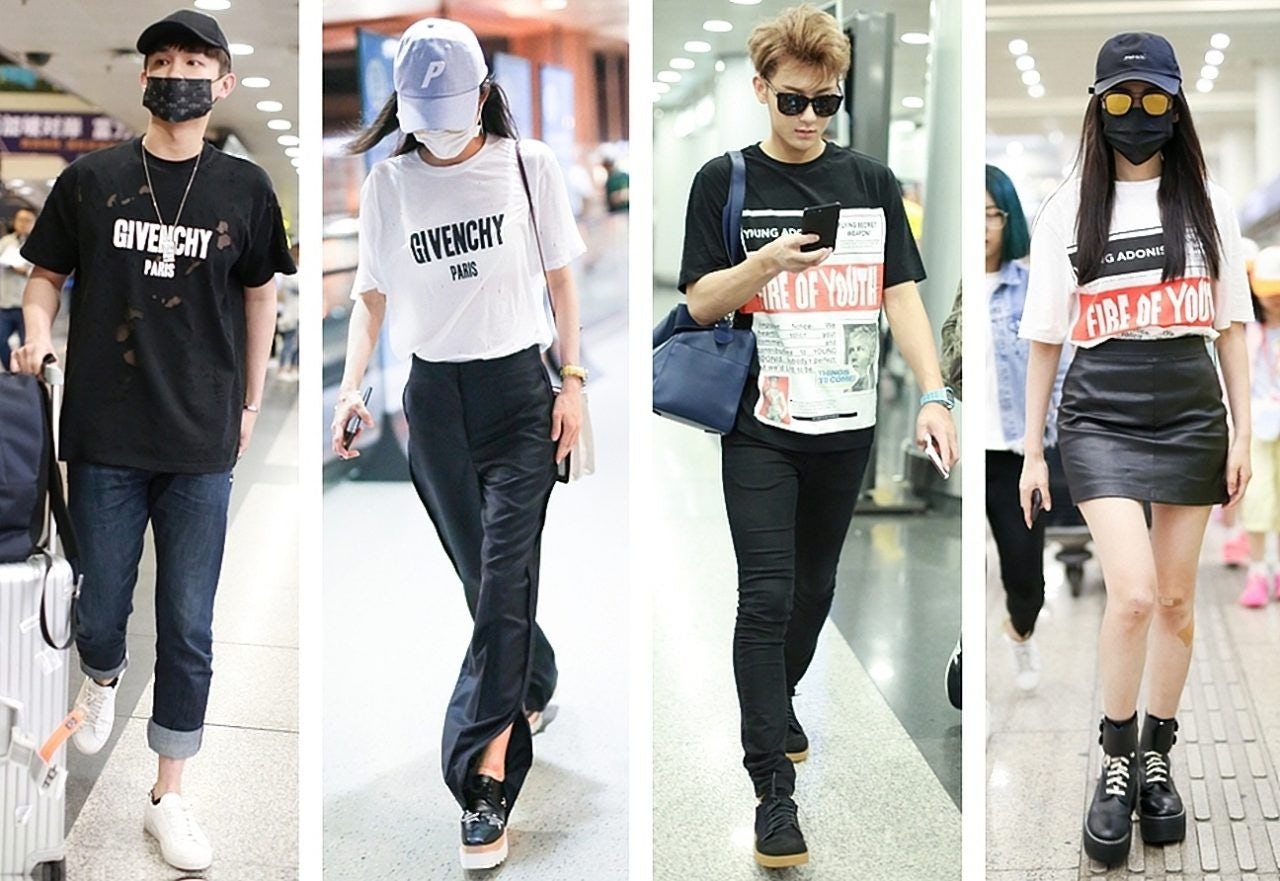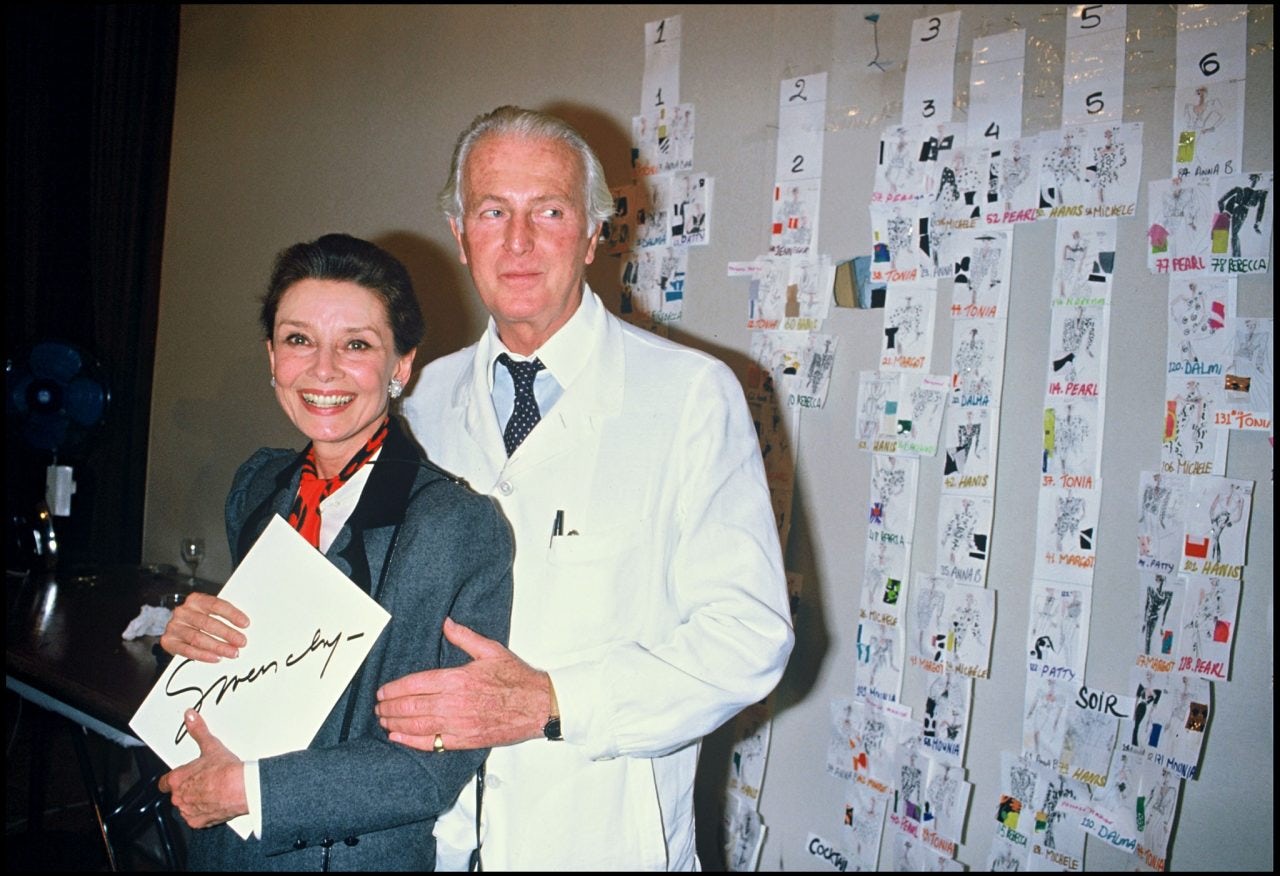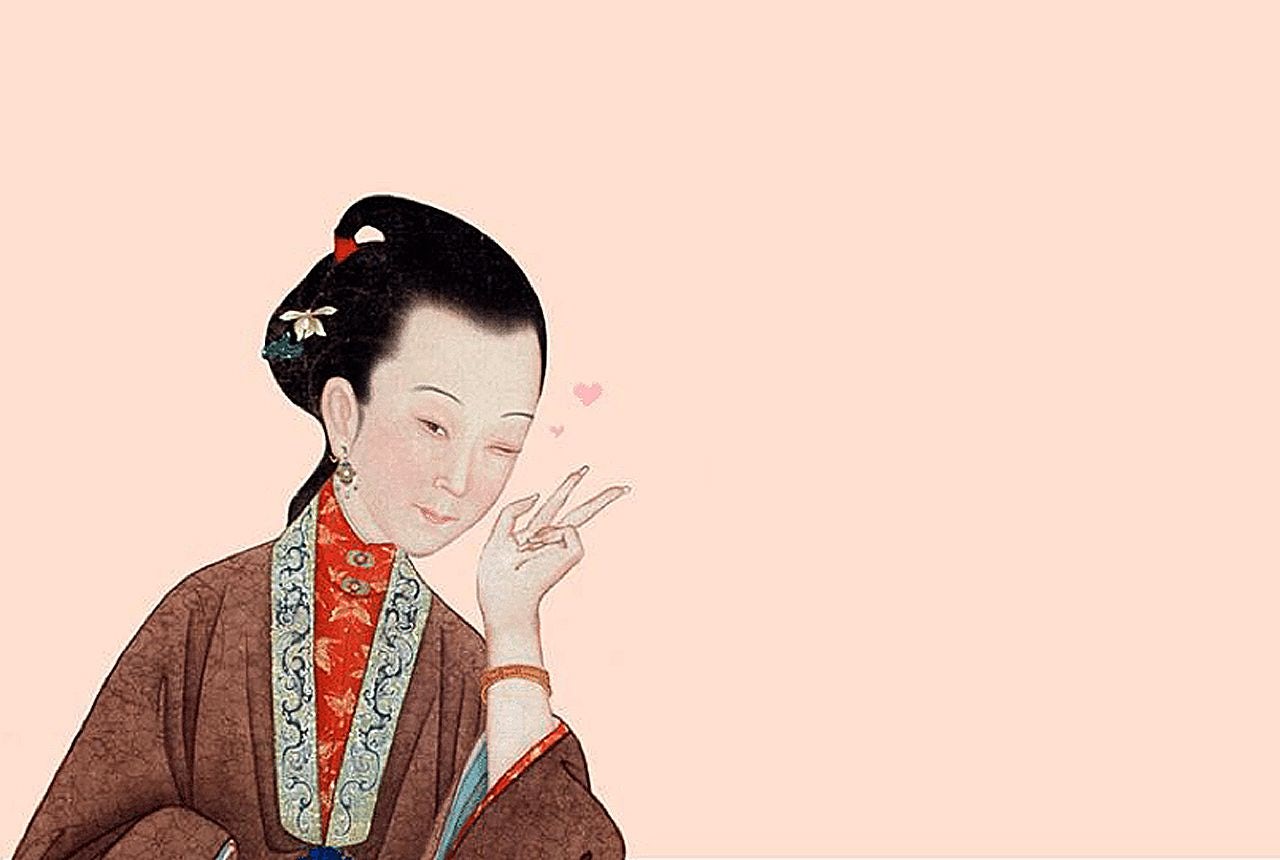It’s no surprise that millennials have a strong attachment to their past—one which in this internet era seems to pass them by at a faster rate than ever. Nostalgia has always been an incredibly powerful sales tool, and it’s being used to full effect with this generation, but is nostalgia marketed in the same way to all millennials?
The closest term in Chinese to retro is “回潮”, which literally means “the tide that has come back.” Millennials growing up in China, where massive changes have taken place over the past few decades, seem particularly responsive to retro trends in fashion.
Vogue Italia's Vintage archive offers readers a panoramic view of retro trends in the West: The iconic Little Black Dress, the head-to-toe denim look, or the Jackie Kennedy style, just to name a few. But to Chinese millennials—even the luxury-savvy ones—these concepts are barely known, if known at all. The pre-2000 China they grew up in was culturally closed-off, and the Chinese population had very limited access to any information from abroad, including Western-style icons.
So even though millennials in China are young in age, they’re also “seasoned” by having lived through more social and economic changes than most. The result is a nostalgia for certain local symbols from their past, and China’s millennials are willing to pay for them in their fashions. Here are three recent cases:
1. Li Ning x Paris Fashion Week: the “1990s”#
To understand what the 1990s looked like in China, Li Ning’s recent fashion campaigns offers some indispensable visual cues: Olympic heroes, patriotism, and old-school brick cell phones (what we now call vintage objects). Having lived through the 90s, fashion entrepreneur Li Ning remembers the importance of China’s Olympics heroes. Before the Chinese economic boom, Olympic gold medal winners were part of one’s patriotic education. As a former Chinese gymnast and legendary gold medal winner, Li Ning is himself a nostalgic symbol of national pride. But he still managed to surprise many when he brought his past to a retro campaign he unveiled at Paris Fashion Week this past June.
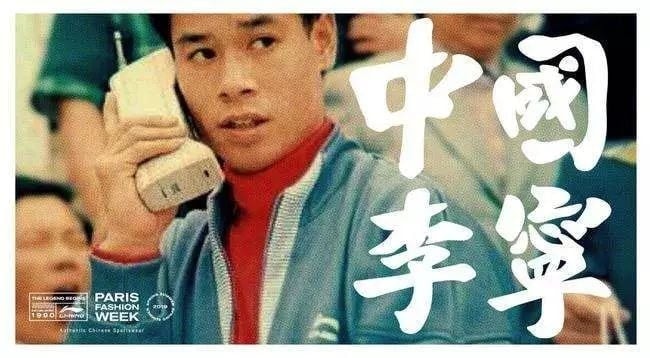
Since Li Ning’s collection launch, Chinese social media has raved about the retro appeal and this fresh patriotic concept coming from a domestic brand at Paris Fashion Week. The collection featured headlines from 1990’s newspaper reports on Chinese athletic heroes, including “Li Ning from China(中国李宁)” and “Prince of Gymnastics (体操王子)”, as well as photos of Li Ning performing gymnastics on the Olympic stage. Most social media reactions were a mix of pride and giddy surprise. Comments like “this fires me up” and “Li Ning was my childhood hero and now my fashion idol” flooded the Internet, proving an unexpected emotional storyline to the runway show.
T Magazine x Teresa Teng: the “Audrey Hepburn”#
Cultural touchstones and pop idols from the past are also recognized a bit differently in China. Teresa Teng, a 20th-century Taiwanese-born icon who shot to fame in the seventies, is well-known to people of all ages in China, similar to how Audrey Hepburn is in America. A singer who was known for her love songs and classy style, Teng is still considered the original pop idol to China’s baby-boomers, as well as the symbol of melancholy to the Chinese post-90s generation.
In a recent “Culture and Fashion” issue, The New York Times’ T Magazine did a feature with supermodel Estelle Chen to mimic the classic Teresa look. Over-the-knee qipao (a one-piece Chinese dress), permed hair, and subtle jewelry are the essential elements of Teresa’s iconic look, which is a genre of ‘Old Shanghai lady’ fashion.
To post-90s millennials, Teresa Teng represents an iconic image of classy Chinese ladies and of retro old-time glamour, much in the way American TV shows in the seventies like Happy Days fetishized the style of the 1950s America. As heritage becomes a hipper choice for millennials, many designer brands like Cocoon Lee and Grace Chen have started to feature couture reminiscent of Teresa Teng’s style. Iconic elements of her style like the qipao dress and her updo hairstyle are becoming popular tools for expressing a classic Chinese beauty style.
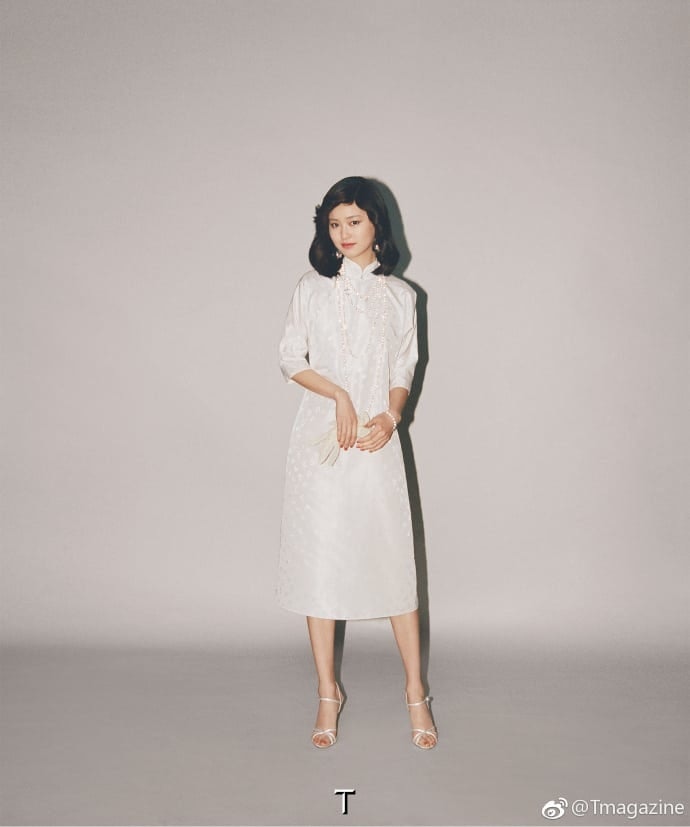
Uniform-inspired Fashion: the “Youth”#
To fully relive the teenage experience of a typical Chinese millennial, school uniforms are essential. Even today in China, school uniforms are mostly mandatory, and most schools have strict fashion policies. Chinese millennials, now fully grown, remember a certain type of striped, bright—and frankly—ugly uniforms with an equal amount of bitterness and nostalgia. Everyone hated wearing them, but they were also a shared symbol of youth.
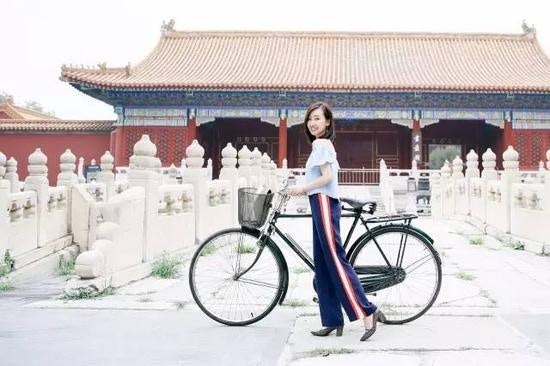
Fashion Influencers and media accounts have tapped into the collective mixed feelings about school uniforms, and China’s top influencer Becky Li posted on the topic in a fresh way, showing her audience how to transform these time-worn uniforms into stylish items. So when the trend of side-stripe pants hit the runway in 2017, Chinese social media referred it sarcastically as the uniform pant.
And yet, it was a hit. After all, striking an emotional chord with younger audiences is the goal, and to do that, fashion houses have to hit all the collective sweet spots.
